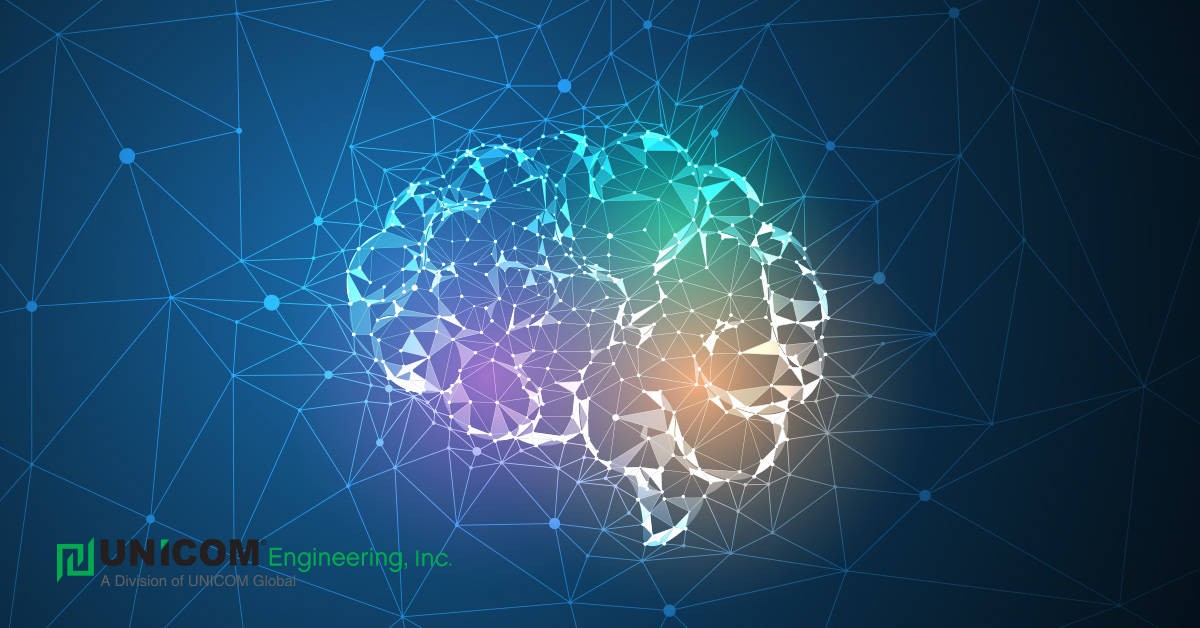Thanks to better technology and software, the term Artificial Intelligence (AI) no longer represents an innovative way to analyze and predict data but a movement changing how we live and do business. Below we examine how AI innovation changes our world, the technology that drives AI, and a look toward the future.
Real AI Business Advances
Intelligent Decision Support: It would take human experts years to analyze the same amount of data as an AI. As a result, organizations actively use them to aid leadership with demand and supply chain forecasts and other predictive analytics.
Task Automation: Given that repetitive tasks are costly and time-consuming to most companies, AI offers the unheralded ability to handle logistics, data entry, and customer service. As a result, organizations can enjoy more timely results without human error, and workers can be free to handle higher-level challenges.
Process Optimization: Along with the ability to automate tasks comes the power to drive better operations. For example, AI-powered servers can monitor manufacturing processes and spot waste-causing defects in manufacturing.
Improved Customer Relations: AI makes expert product recommendations based on dynamic customer data while, at the same time, providing a heightened level of support with chatbots and other technology.
Product Discovery: With the assistance of AI innovation, products that previously dreamt of are now possible. Examples include a variety of AI-powered technologies to aid those of us with disabilities.
AI Trends by Industry
Given its versatility, AI is used uniquely across multiple industries. Seemingly every day, a new use case is coming to light. Some popular application trends include:
- Automation - As mentioned, manufacturing firms leverage AI to provide greater insight into their operations. The net results are increased efficiency and reduced cost.
- Edge Intelligence - AI is used in Edge installations to minimize network reliance and improve workforce and customer experience, bringing greater processing power closer to end users.
- Disease Treatment and Discovery - With the power to analyze more data and images than ever, healthcare professionals are using AI to diagnose and cure diseases and better coordinate patient care.
- Better Customer Experience - AI innovation enhances customer service with chatbots that can handle specific questions instead of making customers wait. At the same time, buying experiences are improved with personalized product suggestions. For retail organizations, this capability extends directly into stores thanks to the addition of AR.
- Improvements in Finance - AI is leveraging large datasets for the financial industry to offer better fraud detection and loan approval services than ever.
Integral AI Technologies
None of the advances we've discussed would be possible without the exponential improvement in hardware and software in the past few years. The servers that power AI can process more data faster than ever.
Specifically, technologies like Intel 4th Gen Xeon Scalable Processors and related technologies like Intel Advanced Matrix Extensions (Intel AMX) are improving the speed of Deep Learning workloads and natural language processes (NLP). Also aiding in better AI computing is the ability to move more data between memory and other server components with PCI Express Gen5 (PCIe 5.0) and DDR5.
Finally, with the Intel OpenVINO toolkit, AI developers can access many pre-trained inference models customizable to their needs. System integrators like UNICOM Engineering can design, configure, and build the right AI platforms when investing in technology.
How AI's Boom Will Continue
The market now realizes more value from AI innovations than ever, thanks to recent advances. For a roadmap of AI's future, look to the following trends:
Better Algorithms: As AI engines ingest more data, data scientists and developers will adjust their algorithms to result in better decision-making, more autonomous operation, and the solving of more complex problems.
Wider Adoption: As the news of AI's successes spreads, more company leaders will take notice and seek to harness its power in new ways.
Growing Regulation: The more organizations use AI, the louder the call will be to regulate the technology to protect consumers and companies from unethical behavior.
Greater Integration: While the demand for AI applications grows, so does the need for AI to integrate with other tech trends like cloud computing, IoT, and 5G.
Unprecedented Use Cases: As mentioned, with the leap in capability that AI offers, organizations will discover newer and newer use cases - like optimizing energy usage or advanced urban planning.
Build Your Next AI Innovation
Look to UNICOM Engineering to provide your AI servers and systems integration expertise. As an Intel Technology Provider and Dell Technologies OEM Partner, they can supply, build, and support the best hardware to meet or exceed the needs of your application and help you bring it to market faster.
Schedule a consultation today to learn how UNICOM Engineering can keep you progressing on your AI journey.
